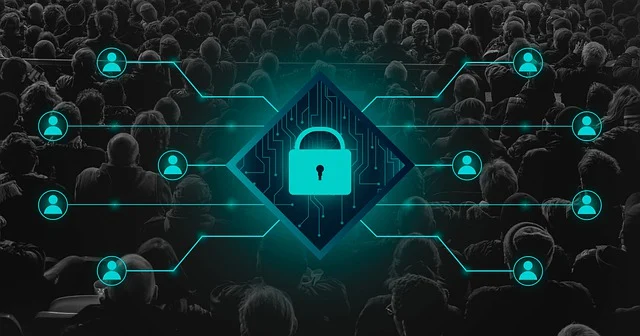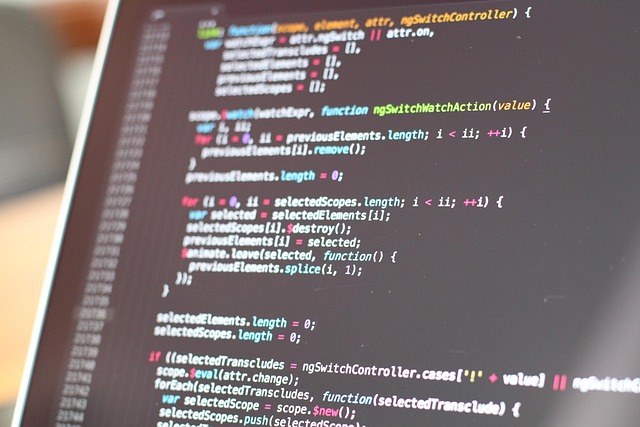
AI (artificial intelligence) has come a long way. From self-driving cars to virtual assistants like Siri and Alexa, AI is now embedded in our daily lives. But there’s a new wave of innovation rising: AI that makes hacks. While the word “hack” often has negative connotations, in the tech world, it can mean something very different—clever workarounds, automation, and creative shortcuts that solve problems faster and smarter.
In this article, we’ll explore what it means for an AI to “make hacks,” the tools and technologies powering this revolution, the ethical concerns, and how it’s changing the way developers, businesses, and even everyday users interact with technology.
➡What Does “AI That Makes Hacks” Mean?
When we say “AI that makes hacks,” we’re talking about AI systems that can:
- Automate repetitive tasks with creative scripts or bots
- Generate code that solves specific problems
- Find unconventional solutions to common technical issues
- Reverse-engineer or modify software behavior (sometimes ethically questionable)
- Create “life hacks” like automating your smart home or simplifying data entry
These aren’t malicious hacks, like cyberattacks—instead, think of them as digital shortcuts. And AI is increasingly becoming the brain behind them.
➡Real-World Examples of AI-Driven Hacks
Let’s look at how AI is actively generating “hacks” in different domains.
1. Coding Assistants
AI tools like GitHub Copilot, Amazon CodeWhisperer, and ChatGPT can now:
- Generate complete functions from comments
- Suggest bug fixes
- Refactor old code
- Create automation scripts like bots or data scrapers
For example, a developer might ask ChatGPT, “Create a Python script that renames thousands of files based on a CSV input.” The AI will instantly provide working code—a productivity hack that used to take hours.
2. Workflow Automation
AI integrations with platforms like Zapier, Make (formerly Integromat), and IFTTT allow users to:
- Automate email responses
- Schedule social media posts
- Extract and summarize PDFs or emails
- Send alerts when inventory is low
AI adds a layer of smart decision-making—like flagging only high-priority messages or analyzing tone in customer complaints.
3. Smart Home Hacks
AI-powered home automation systems like Google Home, Alexa, and Home Assistant allow users to create clever home hacks, such as
- Turning on lights based on weather forecasts
- Locking doors automatically when everyone leaves home
- Creating morning routines that adjust temperature, play news, and start the coffee machine
These AI-generated routines feel like futuristic magic—but they’re very real.
➡ The Rise of No-Code AI Hack Tools

Not everyone is a developer—and that’s where no-code AI platforms shine. Tools like
- ChatGPT + Code Interpreter (Advanced Data Analysis)
- Notion AI for document summaries and task generation
- Pictory and Lumen5 for auto-generating videos from text
- Durable.co—an AI that builds websites in 30 seconds
…have empowered non-technical users to create powerful digital hacks with just prompts or drag-and-drop interfaces.
Imagine creating an eCommerce store, complete with inventory, layout, and SEO—all with a single click. That’s the power of AI hacking.
➡Ethical and Security Concerns
While “AI that makes hacks” can be powerful, it raises several ethical and legal questions:
1. Automation Abuse
Some AI hacks can be misused—such as mass-sending messages on LinkedIn, scraping data without permission, or bypassing security limits.
2. Job Displacement
As AI replaces human-coded hacks, some tech jobs may become obsolete—especially in QA, testing, and basic frontend/backend automation.
3. Intellectual Property
What happens when AI hacks together copyrighted code or content without attribution? Tools like Copilot have already faced lawsuits over this issue.
➡ AI Hackers vs. Human Hackers: What’s the Difference?

Human hackers rely on curiosity, creativity, and experience. AI hackers, on the other hand, rely on training data and pattern recognition. The main differences include:
| Feature | Human Hackers | AI Hackers |
|---|---|---|
| Learning Style | Self-taught, experimental | Trained on large datasets |
| Creativity | High (outside-the-box) | Moderate (based on known patterns) |
| Speed | Slower, manual | Instant, automated |
| Ethical Judgment | Subjective | Depends on prompt |
| Adaptability | High | Limited to training and updates |
The best results often come when humans and AI collaborate to build smarter, more ethical hacks.
➡How AI Is Democratizing Hacking
In the past, hacking required deep knowledge of systems, scripting, and networking. Today, anyone with access to ChatGPT or GitHub Copilot can write a Python automation script or develop a Chrome extension with little to no coding background.
This means:
- Startups can move faster by automating MVP development
- Content creators can build automation workflows for social media
- Students and researchers can quickly clean and analyze datasets
- Small businesses can use AI to create marketing hacks on a budget
It’s not about replacing humans—it’s about amplifying creativity with AI-powered tools.
➡ How to Start Using AI to Create Hacks
If you’re inspired and want to start building your own AI hacks, here’s a simple step-by-step plan:
- Identify a repetitive or time-consuming task
e.g., renaming files, sending weekly reports, resizing images. - Use AI tools to generate the hack
Try prompts like “Create a script to automate X” or “What’s a shortcut for doing Y?” - Test and refine the result
Always check AI-generated code or routines to make sure they’re safe and efficient. - Document your hacks
Save them for reuse or share them with the community. - Level up with AI communities
Reddit, Discord groups, and GitHub are full of AI hackers sharing cool tricks daily.
🧠 Final Thoughts

The phrase “AI that makes hacks” no longer belongs to science fiction or elite coder circles. It’s now a practical, growing part of the AI revolution—one that empowers individuals and businesses to move faster, think smarter, and solve problems creatively.
Whether you’re an entrepreneur, student, content creator, or just a tech enthusiast, AI hacking tools can save you time, reduce costs, and unlock possibilities you never imagined.
But with great power comes responsibility. As we lean more on AI for clever solutions, we must stay ethical, transparent, and aware of the boundaries.
After all, the best hacks are the ones that help—not harm.
This post is written and reviewed by Rajeev Kumar, a passionate blogger in AI and technology.
